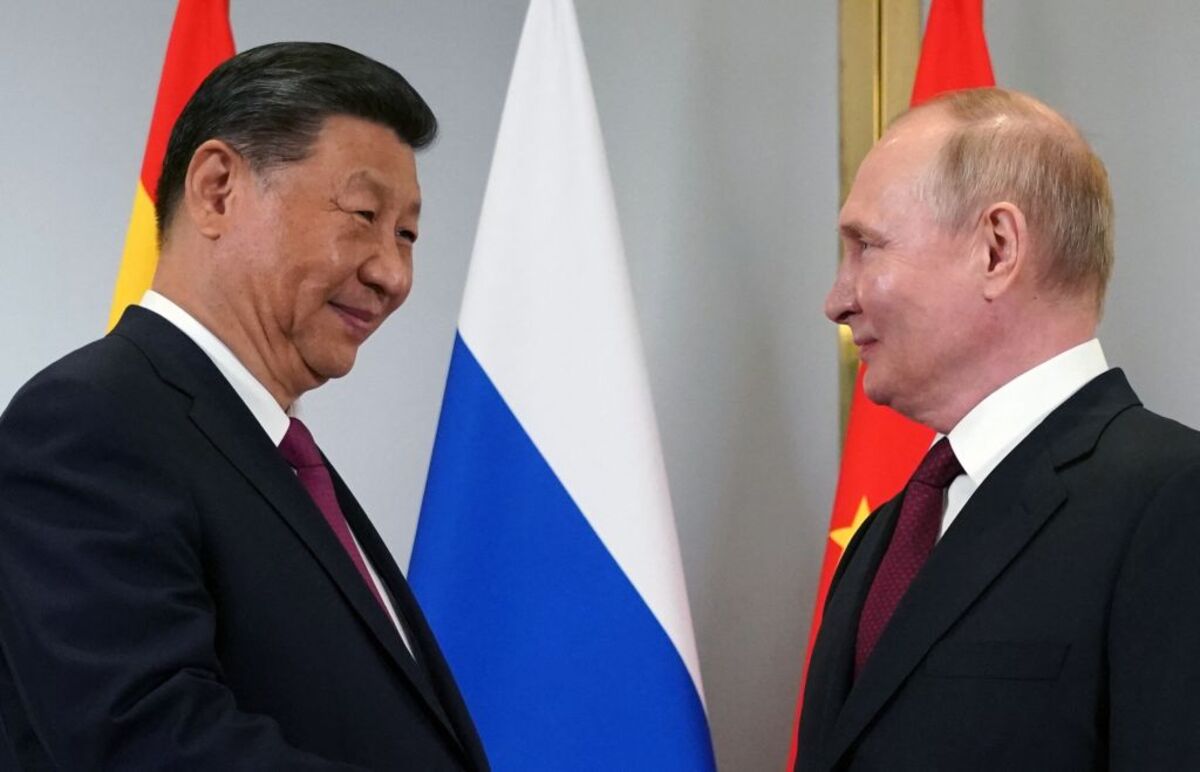
Russian President Vladimir Putin and Chinese President Xi Jinping urged regional leaders to resist 'external interference' at the Shanghai Cooperation Organization (SCO) summit in Astana, Kazakhstan. The SCO, which sees itself as a counterweight to US 'hegemony' on the world stage, noted 'tectonic shifts in global politics' and called for an enhanced role in global and regional security. Moscow and Beijing have been deepening their cooperation as new centres of political and economic might are rising.
Xi Jinping emphasized the importance of resisting external interference while Putin stated that new centres are emerging on the international stage. The SCO, which includes China, Russia, Kazakhstan, Kyrgyzstan, Tajikistan, Uzbekistan and India among its members, criticized the 'unilateral and unrestricted build-up' of missile defence systems by unnamed countries and regional alliances.
The West is also vying for influence in Central Asia, rich in oil and gas and a crucial transport route between Asia and Europe. Russia's invasion of Ukraine has increased major powers' interest in the region. The SCO summit was held amid growing tensions between Russia, China, the US and its allies.
The absence of Indian Prime Minister Narendra Modi from this year's SCO summit further added to the perception of the organization's anti-Western orientation. Belarus became the latest authoritarian state to join the SCO after Iran became a full member last year.
Russian-Chinese cooperation serves as 'a main stabilizing factor on the international stage,' according to Putin. The deepening entente between Beijing and Moscow is the foundation of this new architecture, which aims to ensure indivisible security and development in place of outdated Euro-centric and Euro-Atlantic models.


